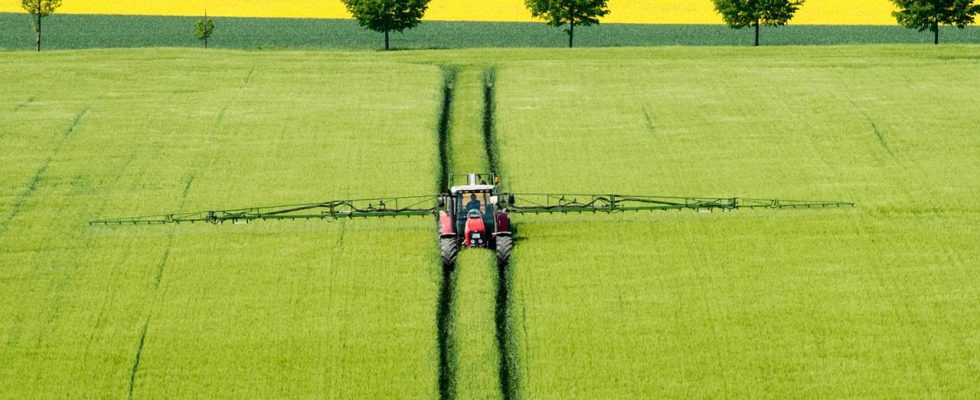In view of the ongoing protests by farmers, the EU Commission is withdrawing its proposal for a pesticide regulation. According to Commission President von der Leyen, the whole thing is not off the table.
In view of vehement protests from many farmers in the EU, the EU Commission wants to withdraw a proposal for an environmental protection law against high use of pesticides. Speaking before the European Parliament, Commission President Ursula von der Leyen said the regulation had become a symbol of polarization. The proposal was rejected by the EU Parliament and there was no movement in the European Council either. “So we have to do something. I will propose to withdraw the proposed regulation.”
However, von der Leyen announced that the topic was not off the table. It is a “laudable goal to reduce the risks of chemical pesticides.” The Commission can now draw up a new, more “sophisticated” directive and involve farmers and environmental associations more closely. However, a new proposal is no longer expected before the European elections in June.
Farmers feel pressured by the EU
Around four months before the election, von der Leyen is taking a further step towards farmers who feel disproportionately pressured by EU environmental regulations. In recent weeks, farmers have demonstrated – sometimes violently – against EU rules, among other things.
After massive protests from farmers, a majority of conservatives, right-wingers and members of the Liberal and Social Democratic Party in the EU Parliament overturned the plan in a vote in November. Implementation of the law was therefore hardly possible.
Pesticide law is intended to protect species
The withdrawn proposal stipulated that farmers would have to significantly limit the use of pesticides in the coming years. Specifically, according to the Commission proposal, a total of 50 percent fewer pesticides should be used by 2030. The aim was to curb the extinction of species.
The EU supports agriculture with more than 50 billion euros annually from the Common Agricultural Policy (CAP). Of this, a good six billion euros will go to Germany. The funds are partly linked to environmental requirements. Brussels already made concessions to companies at the end of January: regulations for a minimum proportion of fallow land on arable land remain in place until the end of the year.

